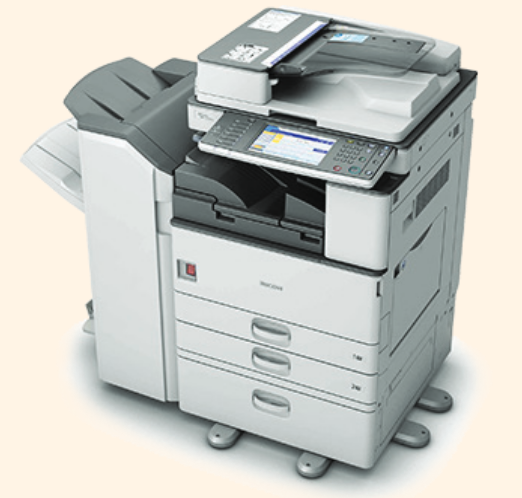THE technology underpinning this ubiquitous piece of machinery came about 75 years ago, when inventor Chester Carlson used static electricity created with a handkerchief, light and dry powder to make the first copy on Oct 22, 1938.
Today, most photocopiers use a technology called xerography, a dry process that uses electrostatic charges on a light-sensitive photoreceptor to first attract and then transfer toner particles (a powder) onto paper in the form of an image.
Heat, pressure or a combination of both is then used to fuse the toner onto the paper. It is predicted that photocopiers will eventually become obsolete as the use of digital documentation increases; however for now it remains widely used.















